10 things every customer-centric organization must do as COVID-19 spreads
By: Mbinkar Kpunsa Fomunuyuy
The CDC describes Coronavirus disease 2019 (COVID-19) as a respiratory illness that can spread from person to person. This virus was first identified during an investigation into an outbreak in Wuhan, China. As the virus continues to spread outside China, it has been declared a global emergency by the World Health Organization. Many countries have thus taken preventive and curative measures to handle this global pandemic. The US has issued travel ban from Europe, India and Kuwait have suspended visas to all foreigners, Italy is locked down with permission needed to travel within the country, over 39 countries have already announced or implemented school or university closures and this affects business activities of thousands of companies in one way or the other. What therefore should be the response from a customer-centric organization?
- Show solidarity with the victims
- Join the health organizations in doing sensitization about the pandemic.
- Tell your customers how this can affect your company’s activities.
- Tell customers the preventive measures you will be taking.
- Put in place measures to protect your employees.
- Consider remote working options
- Divert your corporate social responsibilities efforts to fight the spread of the disease.
- Be careful with meetings and travel
- Disinfect your business venues & and respect health standards.
- Review your business procedures and adapt them to the crisis period
Let us look at these in greater detail:
- Show solidarity with the victims: This is the time to shift those marketing messages to messages of care and solidarity to the thousands of patients in this difficult moment. A customer-centric organization is one that truly understands their customer’s needs, their greatest preoccupations and their fears. One that stands with them in difficult moments. This creates an emotional connection with your brand.
A good example of such solidarity can be seen by LUSH offering free handwashing facilities to the public
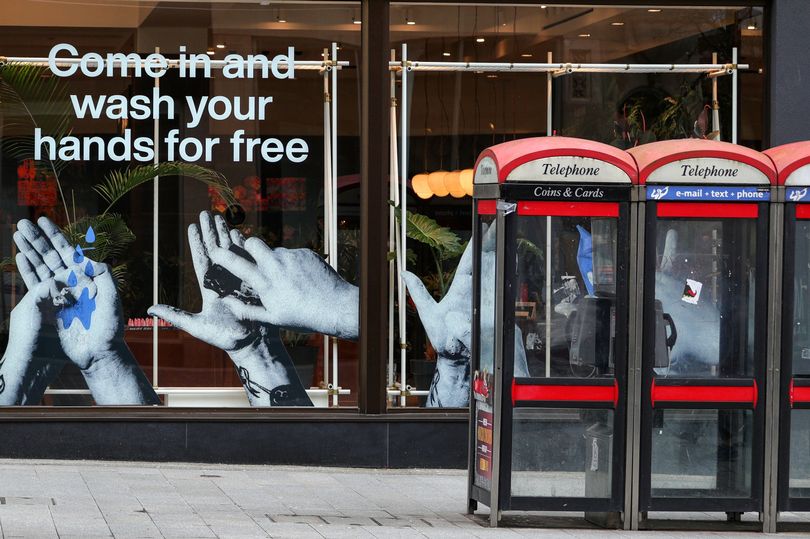
- Join in the sensitization about the pandemic: To reduce the spread of this pandemic a key factor is to reach everyone with the most useful information on how to remain safe. Use your media outlets and contact points to sensitize your customers on how to remain safe.

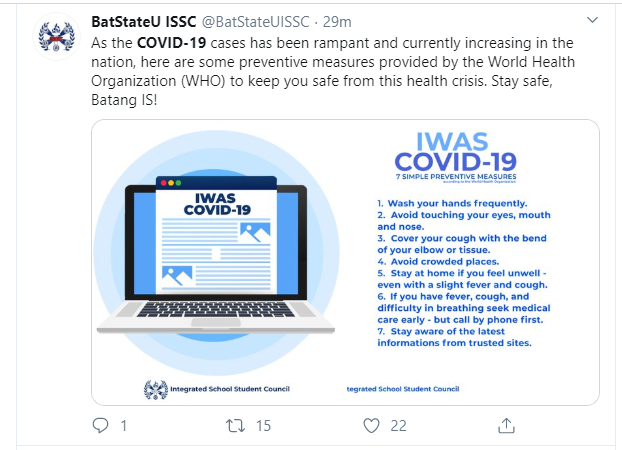
- Tell your customers how this can affect your company’s activities: You should not assume that everyone knows there is a problem and that they will understand if there are delays or cancellations. Set a task force to identify how this pandemic affects your industry as a whole and your organization in particular. Communicate to your customers how this can affect your activities and what measures you would be putting in place to overcome these challenges. Do not use the pandemic as a justification for poor service.

- Tell the customers the preventive measures you will be taking: as already mentioned, identify what preventive measures you will be taking at each contact point with the organization to keep your customers safe, as well as up-to-date actions you are putting in place. This helps to calibrate their expectations and maintains their confidence in your business. It reassures your customers and avoids unnecessary panics that could shift the existing problem to other sectors.

- Put in place measures to protect your employees: Your internal customers’ health is also a major concern. Reducing their exposure to risk without compromising the delivery of services is very important. Evaluate the risk your team is exposed to and define strategies to mitigate these risks. Clearly communicate these risk areas and how you expect the team to respond to it. You must do this even if your organization is not in an affected zone, this preventive measure is fundamental in building rapport with your team and improving internal customer experience.
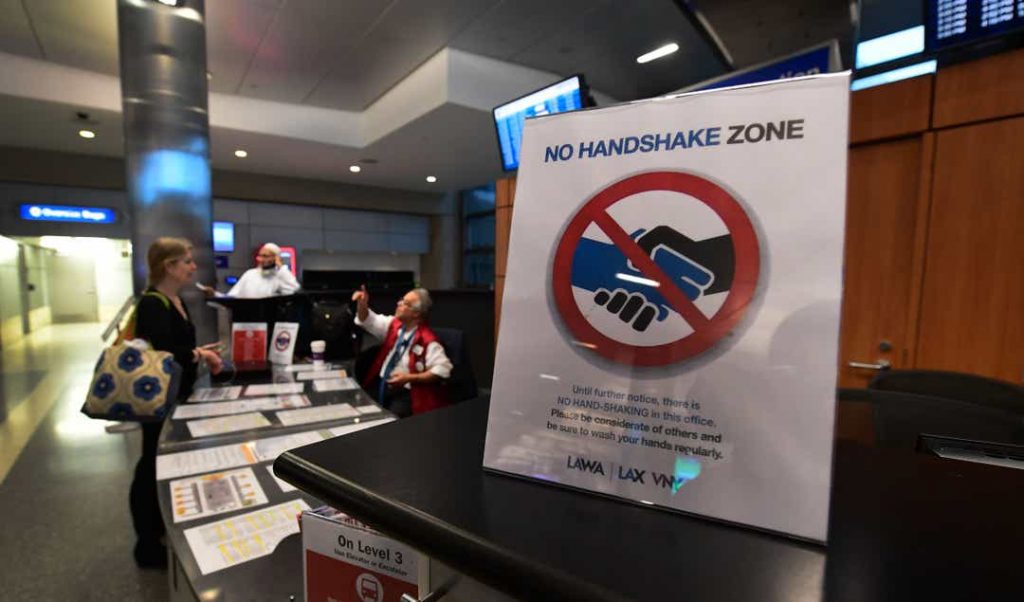
Source US Today / Frederic J. Brown
- Consider remote working options: Do a business management assessment of what can be done in the office and what can possibly be done from home. Give your team members in affected zones the possibility to work from home, the possibility to stay away from work if they fall sick. This should be a priority in high-risk zones and a factor to be considered in low-risk zones as it is not clear where the virus will be next.

- Divert your corporate social responsibilities efforts to fight the spread of the disease: Thousands of health workers risk their lives every day, millions of people could be safer if they had certain facilities in place. Research laboratories need funding as they all put hands on deck to find a cure and a vaccine. This could be a great area to divert your company’s corporate social responsibility.
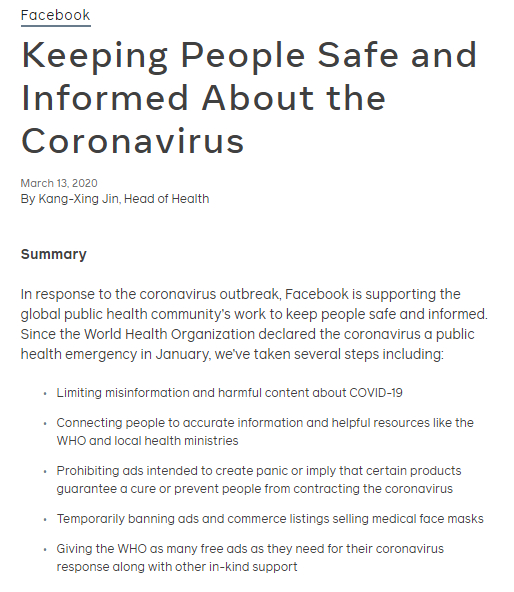
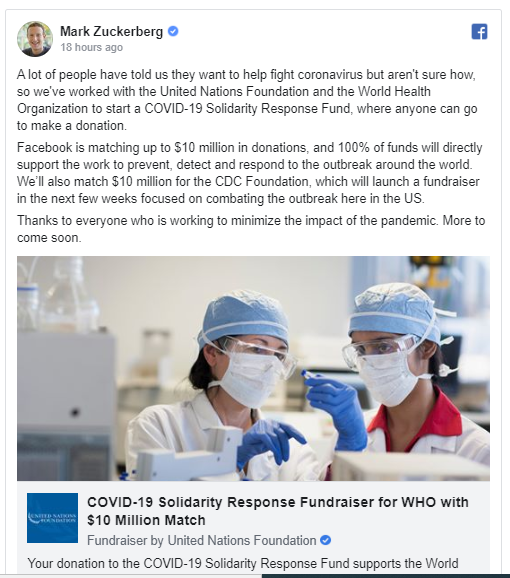
- Be careful with meetings and travel. Truly review your work models and see which meetings can go virtual, which movements could be postponed, which events could be postponed. Reduce the risk of exposure of your team and your customers by reducing meetings and travel as much as possible depending on the risk level of the zone in which you are located.

- Disinfect your business venues & demonstrate the standards: get help from health practitioners on the right chemicals and cleaning materials to keep your surfaces and offices clean and protected as much as possible. There is a need for awareness on how to manage public areas and how to orientate customers to avoid contact with risky surfaces.
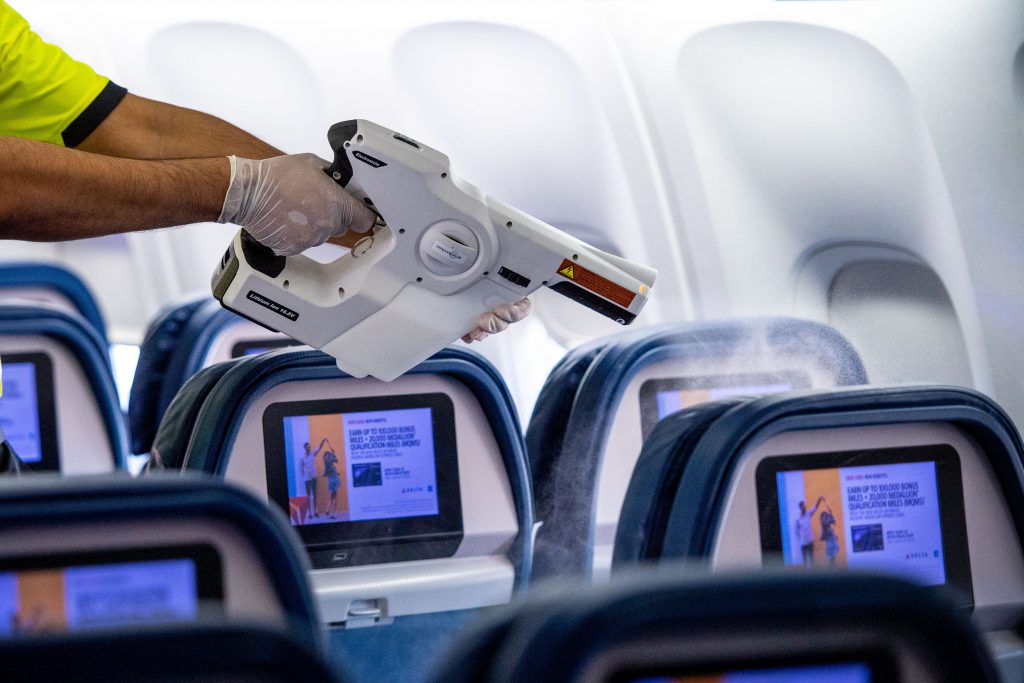
- Review your business procedures and adapt them to the crisis period: one key factor about customer centricity is to constantly remodel your business to focus on improved customer experience. What temporal measure do you need to take to keep your team and customers safe? What procedures do you need to modify to make the workplace safer?


All businesses exist to serve customers, today the world is fighting the COVID-19, and this is not some strange virus that only affects others. It affects you and it affects your customers. These guidelines will help you approach the virus more professionally and maintain the best customer service standards.
10 things every customer-centric organization must do as COVID-19 spreads Read More »

